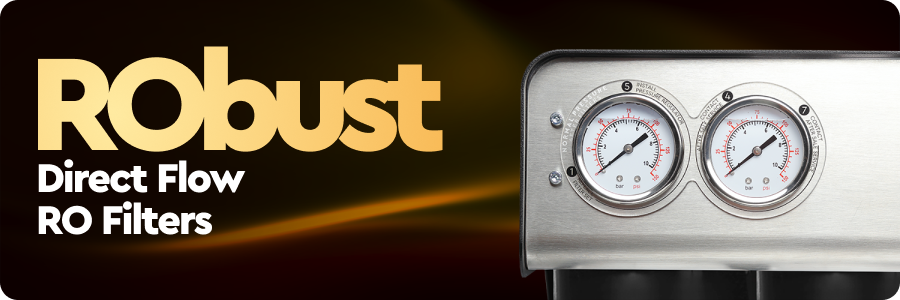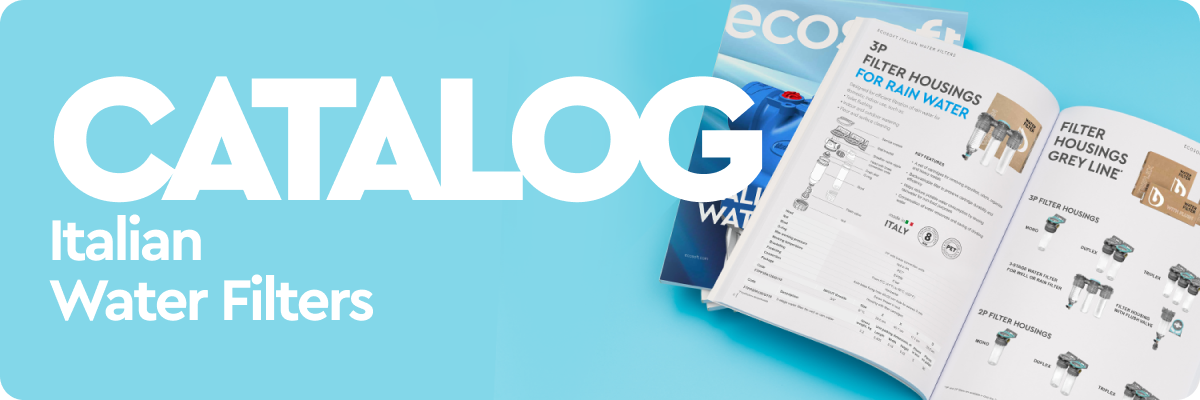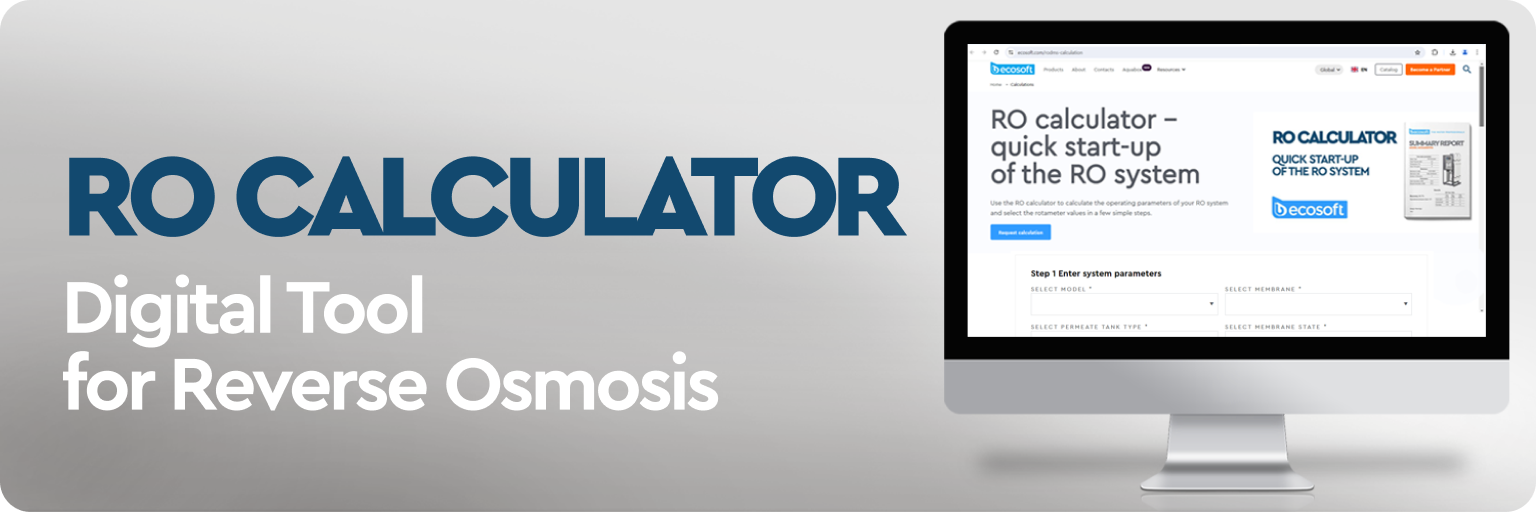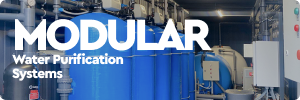Water quality is a crucial aspect of our daily lives, as it directly impacts our health and the functionality of our household systems. One important parameter to consider is water hardness. Hard water, characterized by high levels of calcium and magnesium, can have significant implications for various applications. In this article, we will explore the concept of water hardness, the reasons for measuring it, the methods used for measurement, the negative effects of hard water, and possible solutions for softening water.
What is Water Hardness?
Water hardness refers to the concentration of dissolved minerals, primarily calcium and magnesium, in water. These minerals are acquired as water percolates through rocks and soil, dissolving and accumulating various substances along the way. The hardness of water is typically categorized as either temporary or permanent. Temporary hardness is caused by the presence of bicarbonates of calcium and magnesium, which can be removed by boiling the water. Permanent hardness, on the other hand, is caused by the presence of non-carbonate minerals and cannot be removed through boiling.
Why Measure Water Hardness?
Measuring water hardness is essential for various reasons. Firstly, it helps determine the quality of water for specific applications. For example, water hardness is a critical factor in determining the suitability of water for industrial processes, such as manufacturing, brewing, and agriculture. Additionally, measuring water hardness provides valuable information for homeowners to assess potential issues related to plumbing, appliance efficiency, and personal care.
How is Water Hardness Measured?
Water hardness is measured in terms of the concentration of calcium carbonate equivalents, expressed as milligrams per liter (mg/L) or parts per million (ppm). The most common method for measuring water hardness is the titration test. This test involves adding a soap solution to a water sample until a lather is formed. The amount of soap required to form the lather indicates the hardness of the water. Another method involves using test strips or electronic meters specifically designed to measure water hardness.
Negative Effects of Water Hardness:
Hard water can have several negative effects. One notable issue is the formation of scale or mineral deposits in plumbing pipes, water heaters, and appliances. Scale buildup can reduce the efficiency and lifespan of these systems, leading to increased energy consumption and potential damage. Moreover, hard water can interfere with the effectiveness of soaps and detergents, reducing lathering and cleaning capabilities. This can result in the need for increased detergent usage and subpar cleaning results. Additionally, hard water can affect the quality of personal care, leaving a residue on the skin and hair, causing dryness and irritation.
How Does Water Hardness Affect Water Quality?
Water hardness leads to the formation of scale or mineral deposits in plumbing systems and household appliances, reducing the irefficiency and longevity. Moreover, hard water diminishes the effectiveness of soaps and detergents, resulting in less satisfactory cleaning outcomes and potentially increased detergent usage. Beyond household concerns, hard water residues on skin and hair can cause dryness and irritation, affecting personal care routines.
How to Soften Water?
To soften hard water, several methods are available:
- Ion Exchange Water Softeners: This method involves the use of a water softener system, such as the Ecosoft HRC RobustMini, which exchanges calcium and magnesium ions with sodium ions through a process called ion exchange. This effectively reduces the hardness of the water and prevents scale buildup.
- Reverse Osmosis Systems: Reverse osmosis (RO) systems, such as the Ecosoft MO12000, use a semi-permeable membrane to remove dissolved minerals and impurities from water. This process results in soft and purified water suitable for various applications.
- Chemical Water Softening: Chemicals such as lime or sodium carbonate can be added to hard water to precipitate calcium and magnesium ions, reducing water hardness. However, this method may not be suitable for all applications and requires careful monitoring to prevent over-treatment.
- Whole-House Filtration: Installing a whole-house water filtration system, like the Ecosoft Aquapoint Standard Whole-House Filter on Metal Rack, can effectively remove mineral content and impurities, providing softened water for the entire household.
The importance of hardness of water manifests in its significant influence on various aspects of our daily lives. Monitoring and managing water hardness levels are crucial to ensure the efficient functioning of plumbing systems, appliances, and personal care routines. By employing methods such as ion exchange water softeners, reverse osmosis systems, chemical water softening, or whole-house filtration, it is possible to mitigate the negative effects of hard water and enjoy the benefits of soft, high-quality water throughout the home.
FAQ
Co to jest twardość wody?
Twardość wody odnosi się do stężenia minerałów, w szczególności jonów wapnia i magnezu, w wodzie. Jest to miara zdolności wody do tworzenia piany z mydłem. Twarda woda zawiera wysoki poziom tych minerałów, podczas gdy miękka woda ma niższe stężenia. Twardość wody jest ważnym parametrem jakości wody, który może mieć różny wpływ na systemy hydrauliczne, urządzenia i codzienne czynności.
Jak mierzy się twardość wody?
Twardość wody jest zwykle mierzona w miligramach na litr (mg/l) lub częściach na milion (ppm) węglanu wapnia (CaCO₃). Ten pomiar jest znany jako twardość całkowita. Można go określić za pomocą analizy laboratoryjnej lub przy użyciu zestawów testowych, które zapewniają natychmiastowe wyniki. Poziom twardości jest często klasyfikowany jako miękki (poniżej 60 mg/l), umiarkowanie twardy (60-120 mg/l), twardy (120-180 mg/l) lub bardzo twardy (powyżej 180 mg/l).
Jakie są skutki twardej wody?
Twarda woda może mieć wiele skutków dla codziennego życia. Może prowadzić do powstawania osadów wapiennych na armaturze, urządzeniach i instalacjach hydraulicznych, zmniejszając ich wydajność i żywotność. Twarda woda może również zakłócać zdolność spieniania mydeł i detergentów, wymagając większych ilości, aby osiągnąć pożądany efekt czyszczenia. Ponadto twarda woda może pozostawiać plamy i smugi na naczyniach i szkle po wyschnięciu, wpływając na ich wygląd.
Czy twardość wody można leczyć?
Tak, twardość wody można leczyć, aby zmniejszyć jej skutki. Zmiękczanie wody jest powszechnie stosowaną metodą usuwania jonów wapnia i magnezu z wody. Polega ona na zastosowaniu żywicy jonowymiennej lub zmiękczaczy wody na bazie soli, które zastępują jony wapnia i magnezu jonami sodu. Inne metody, takie jak odwrócona osmoza i zmiękczanie wapnem, są również stosowane w celu rozwiązania problemu twardości wody. Wybór sposobu uzdatniania zależy od konkretnego poziomu twardości, budżetu i innych czynników.


.jpg)
.png)


.png)


.png)
.png)
.png)
.png)











